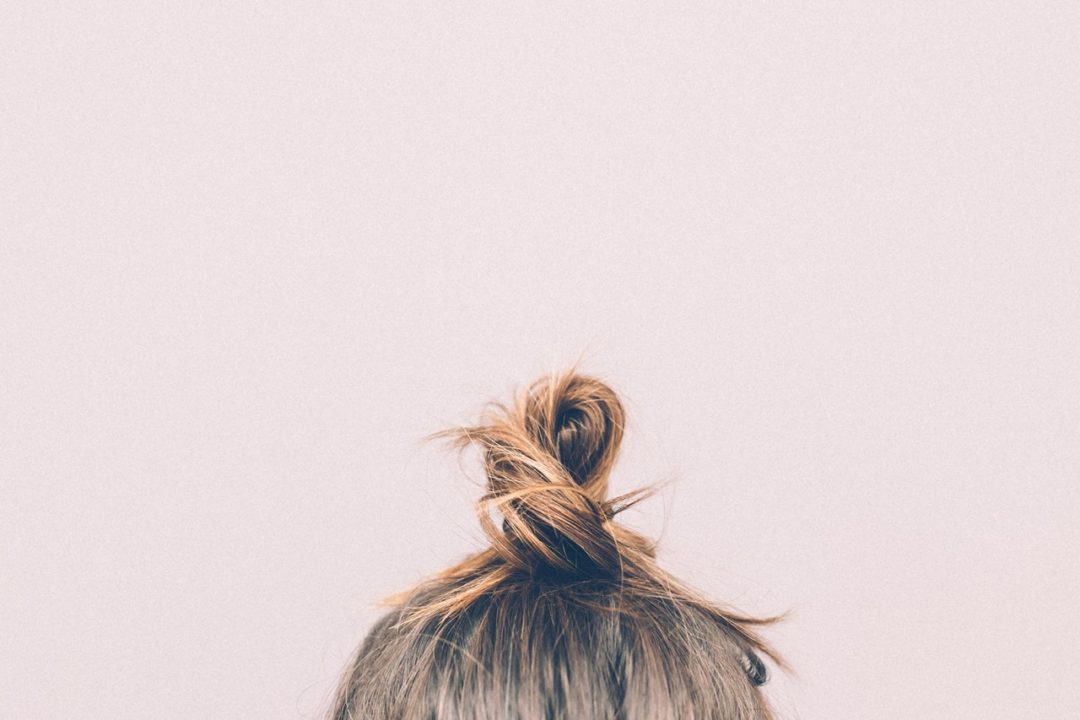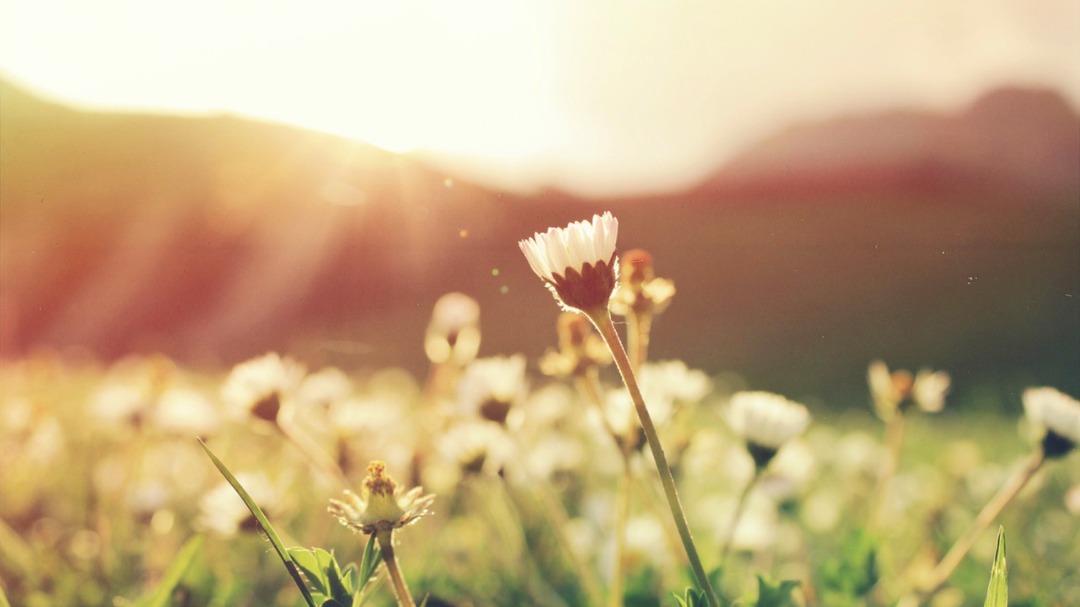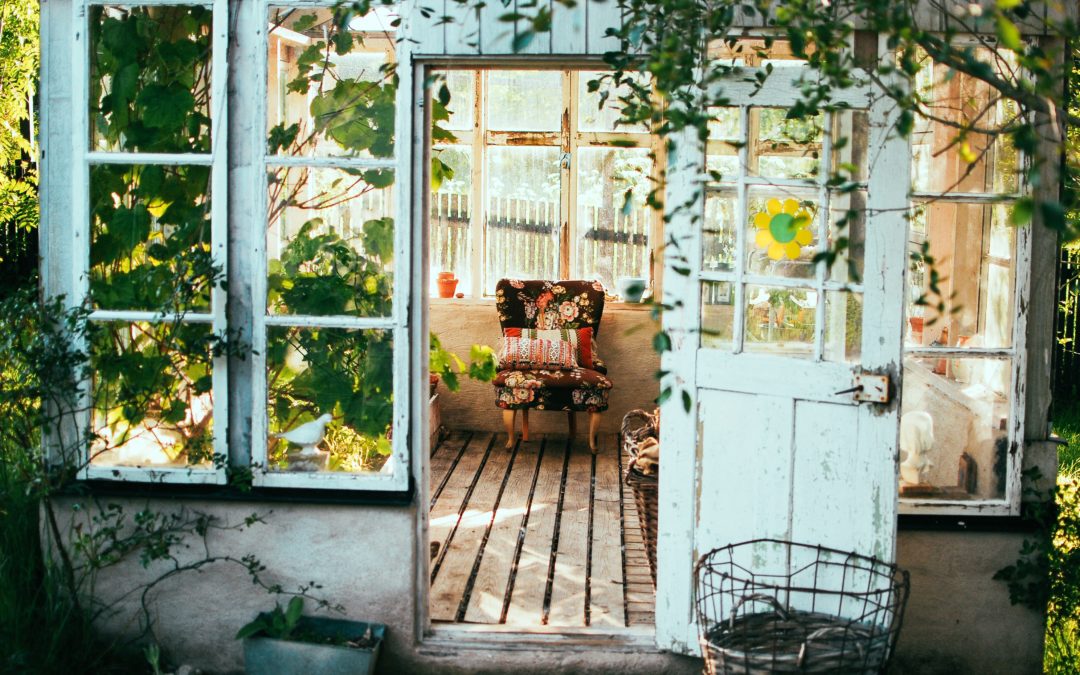I’ve written before about my decision not to dye my graying hair any longer. As I mentioned then, hair color was never really an effort to hide the fact that I was aging. It was something I did just for fun–and, at least initially, an act of rebellion. I grew up in a time when a woman who chose to dye her hair was engaging in questionable behavior. So of course I chose to behave questionably just as soon as I had the option.
But recently I read this article by Jacqueline Hooton in the UK version of Huffington Post, which asks some really important questions. For instance: if we’re committed to a moment of female empowerment that has its own hashtags (#metoo and #timesup among them), then why are we participating in the ageism reflected by dying our gray hair?
Let me be really clear about something: I’m not here to argue that you should go gray. Your hair, your choice. But I am here to suggest that you think about about the reasons why you’re covering the gray.

A recent photo with colleagues at a teaching conference in Georgia. I’m the graying professor at right.
I decided to give up hair color when I realized that my gray roots were causing me some alarm. When I found myself having thoughts like I really need to make a hair appointment. That was the moment I realized dying my hair was no longer just for fun. Somewhere along the way, it had become a responsibility. Something I needed to do. But to whom, exactly, was I responsible for hiding this sign of my age?
The answer, of course, was no one. And if hiding my age was the goal, hair color wasn’t working anyway. I figured that out when a young man on my campus chided his friend for not moving aside and letting me pass. “Nice job, dude,” he said. “You just made that old lady step off the sidewalk and walk on the grass.”
So if hair color wasn’t making me look younger, and it had become one more thing on my already lengthy to-do list, then why was I still doing it?
Some of you might answer that question by saying “I just feel better about myself with blonde/brunette/red hair.” Fair enough. But why? Possibly, it’s because there are very few Hollywood actresses or magazine models with gray hair. The images of beauty we’re comparing ourselves to (if only unconsciously) are not images of the natural aging process. They’re eternally young, thanks to plastic surgery and a rotating cast of characters that only rarely age beyond 35. We feel better when we approximate those images, since they’re our only basis for comparison.
Very few of us consciously choose to emulate a Hollywood starlet, of course–not beyond the age of 25 or so, at least. But why are we hiding the gray, if not to look younger? And why are we trying to look younger unless we believe youth is more beautiful than age?
Why not embrace our age, and the wisdom gained through experience that it implies?
“This is nothing to do with growing older gracefully,” Hooton notes; that idea also suggests there’s a right (graceful) and wrong (bungling) way to move through the aging process. Instead, this is about knowing who you are and having the power to make your own choices about the way you look. Too many of us give up that power without even acknowledging what we’ve done.

Mike and me at the recent Coffee Festival in San Antonio. In natural sunlight, my gray hair sparkles. It’s really kind of magical.
It’s also about appreciating the fact that you’ve lived long enough to comb gray hair (to paraphrase the poet William Butler Yeats.) I have friends who didn’t live to see their 54th birthdays, as I did earlier this year. I have friends who lost their hair as the result of chemotherapy, or age-related alopecia. The idea of being unhappy with my hair– whatever color it is–has come to feel profoundly ungrateful. After all, aging is a privilege not everyone gets to enjoy. I try hard to remember that whenever I start feeling iffy about the gray.
At the moment, I have about an inch of unnatural color left. It’s most visible in the shorter layers around my face, much less so in the longer layers in back. I’ve been keeping my hair fairly short, in an effort to cut the color out more quickly. Now that it’s almost gone, though, I’m letting my hair grow out again. My stylist says I’ll be back to my natural color in one more haircut, maybe two. By this summer, definitely.
My eventual goal is to be one of those women with a flowing mane of gray hair. Perhaps I’ll twist it into a topknot now and then. Perhaps I’ll just let it all hang out. The one thing I won’t do is cover the gray anymore.
“You know, you’re my inspiration,” one of my colleagues told me recently, after a meeting of the women on our campus. “I’ve been watching you grow out your gray hair and thinking how sick I am of getting mine done all the time. It’s a pain in the neck.”
It is, I agreed. And I’m happy to be done with it.
But whether she does or doesn’t give up on hair color is, of course, a decision that belongs to her alone. For me, the choice not to dye my gray feels empowering. I’m actually excited to see what I’ll look like when I’m back to being myself again.





No Comments